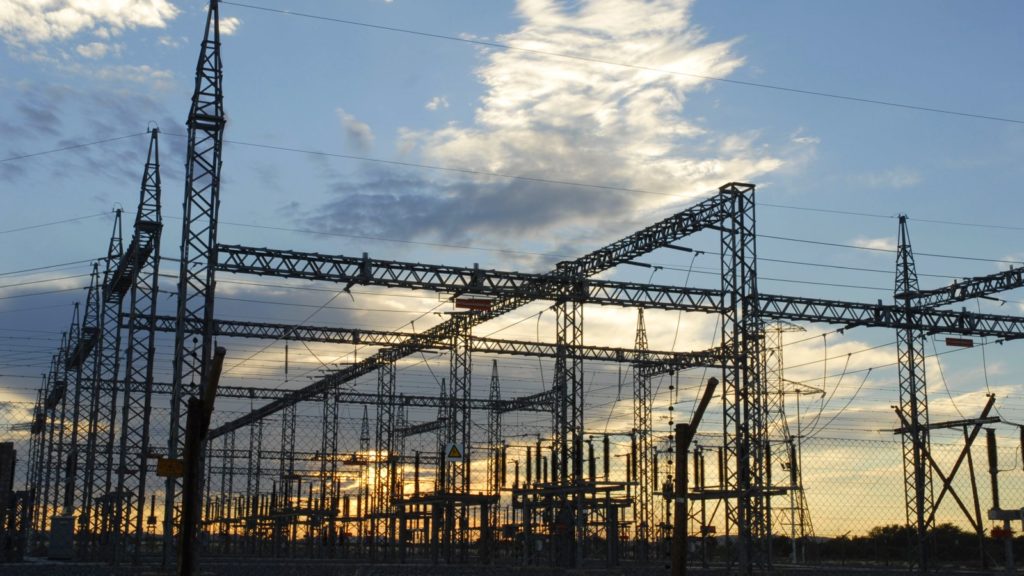With powerful hardware working together with an industry-leading camera system and intuitive AI experiences, everyday tasks have never been easier and faster
Businesses take beating as Eskom changes load shedding stages

Eskom on Tuesday said the country should get used to prolonged outages at least for the next few months.
The national power utility will continue to implement prolonged power outages as major projects and repairs to reduce available generation capacity are put in place.
The country can expect rolling blackouts to last between 6 to 12 months as the power utility undertakes major capital projects and repairs that will reduce available generation capacity.
In a media briefing on Tuesday to provide a status report on the current power crises, the utility said projects and repairs would remove more than 2,300MW of generating capacity from the system.
Prolonged loadshedding will continue to be implemented over the next few months as major capital projects and repairs reduce available generation capacity
The State of the System Presentation https://t.co/syKN58n97r pic.twitter.com/HgjjPgIoav
— Eskom Hld SOC Ltd (@Eskom_SA) November 15, 2022
“Eskom will embark on some major capital investment projects and major repairs that carry significant risk and that will serve to further increase the implementation of load-shedding,” it said in a statement.
The business sector continues to take a financial thrashing as Eskom battles to keep the lights on.
Buckling national power utility will implement stage 3 from 4 pm – 5 am on Monday and Tuesday this week.
Stage 2 load shedding will be implemented from 5 am until 4 pm on Tuesday until further notice.
The ailing infrastructure utility will implement stage 3 due to a high level of breakdowns as well as depleted emergency reserves.
Generating unit at Duvha, Kriel and Tutuka power stations were taken offline for repairs while the delay in returning to service units at Duvha and Majuba power stations have contributed to unplanned delays in the return of stable power.
A generating unit each at Groovlei, Hendrina, Majuba, Matla and Medupi power stations have been returned back to service since Sunday.
“We currently have 4 177 MW on planned maintenance, while another 16 922MW of capacity is unavailable due to breakdowns.”
As Eskom ramps up load shedding to build up reserves business across the country are feeling the pinch due to extra costs incurred in order to keep businesses afloat during outages.
Businesses have to invest in alternative power supplies to help them sail past load shedding – if they can afford it.
Extra data costs due to some network providers unable to gain sufficient recharge time have almost crippled some industries.
Restaurants have had to increase the amount of gas used during load-shedding which in turn has led to a significant increase in operating costs.
From Wi-Fi, cell networks to garage doors failing to open during small marginalized outages, the business sector has had endless challenges that they need to remedy on a regular bases in what is slowly becoming the norm of power outages.
Some of the repercussions faced by businesses are daily closures due to no power scheduled for large portions of operating hours in the day.
Increased traffic issues, loss of production, cellphone networks going down, payment issues at ATM’s and cellphone networks going down are some of the recurring issues which have left many across the country frustrated looking for alternative sources of power in order to keep doors open for customers and staff.
Also read: What that Apple $450 million, satellite injection on emergency SOS will do

